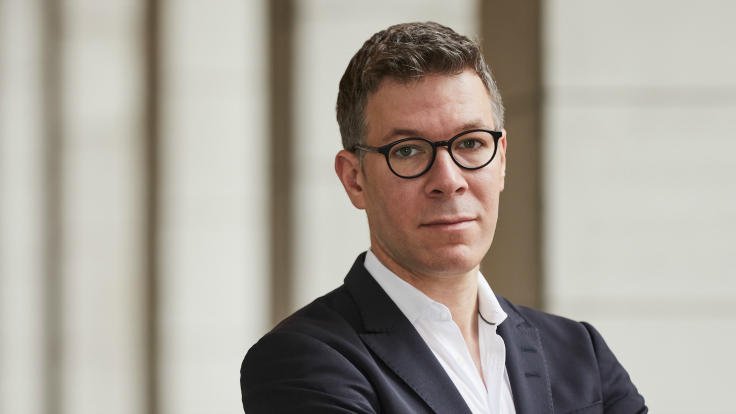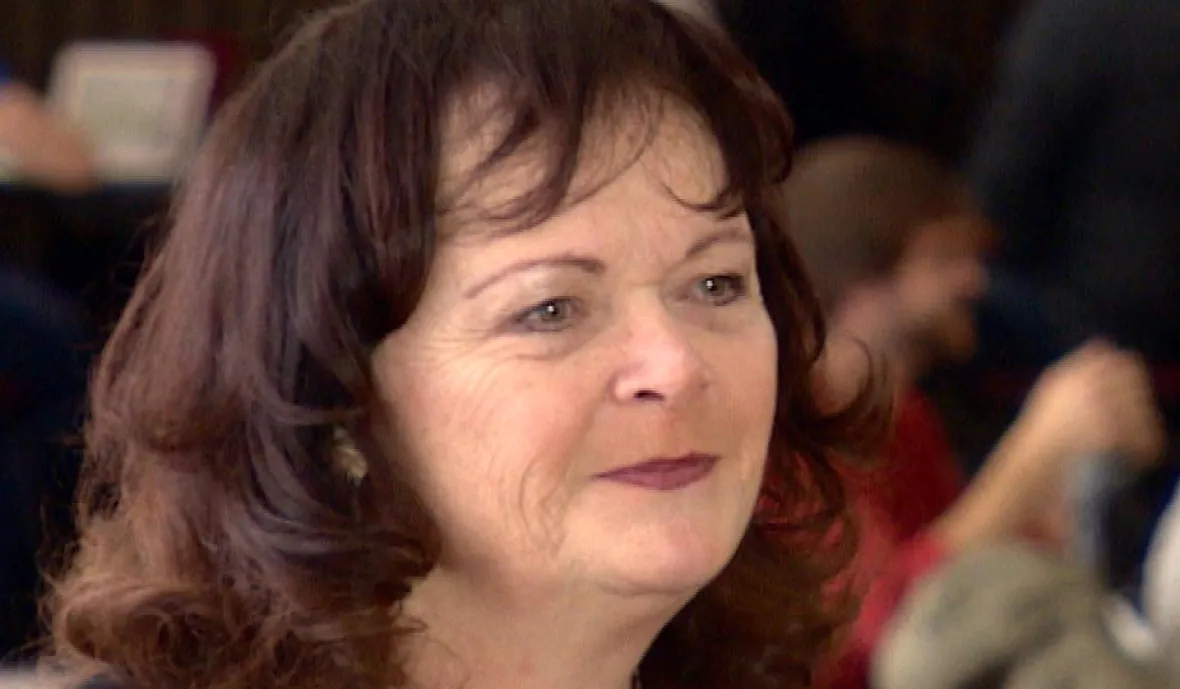Listen in
Academic disciplines
- Accounting 7
- Art Education 1
- Art History 2
- Biochemistry 1
- Bioethics 1
- Biophysics 1
- Chemistry 1
- Classics 1
- Communications 1
- Criminology 1
- Culture 1
- Dance 1
- Ecology 6
- Economics 4
- Education 3
- Engineering 3
- Environment 2
- Finance 2
- Geography 1
- Graduate Studies 2
- Graphic Texts 2
- Healthcare 2
- Homelessness 2
- Humanities 1
- Law 3
- Literature 3
- Management 2
- Marketing 3
- Neurology 1
- Nursing 1
- Organization Studies 1
- Philosophy 2
- Psychology 4
- Social Work 1
- Sustainability 2
- Trailer 1
- Women's Studies 1
Episode 050: Maxim Voronov
Authenticity. Corporations chase it. Consumers desire it. Maxim Voronov, Professor of Sustainability and Organization at the Schulich School of Business, studies authenticity in a business context. He breaks it down into two categories, traditionality and originality. Which one a corporation pursues depends on factors such as how large they are and how old they are. In this episode, host Cameron Graham talks to Maxim about his study of authenticity in the Canadian whisky industry.
Episode 049: Giri Kanagaretnam
One way of getting companies to do something about climate change is through tax incentives. But what makes one company take advantage of tax breaks for green technology, while another company does nothing? This is a question Giri Kanagaretnam can answer. Giri holds the Ron Binns Chair in Financial Reporting, Banking and Governance, at the Schulich School of Business.
Episode 048: Olaf Weber
Olaf Weber, the CIBC Chair in Sustainable Finance at the Schulich School of Business, has some new research on the link between climate risk and credit risk. Climate change has made the future risky for all of us, and these risks have financial consequences. Prof. Weber explains how this affects banks, oil companies, and investors.
Episode 047: Irene Henriques
Canada has a long and troubled history when it comes to dealing with the First Nations of North America. Achieving reconciliation between Canada and the First Nations is an enormous challenge that covers every aspect of life. I'm not sure where the economy sits on the list of priorities, but it's definitely an important factor in reconciliation. Can the business professor offer any suggestions? Irene Henriques trying, she is Professor of Sustainability and Economics at the Schulich School of Business and her research focus is Indigenous entrepreneurship. Her work has profoundly optimistic, but also very realistic about the need to dismantle colonial institutions and build new economic relationships grounded in the agency of Indigenous peoples.
Episode 046: Winny Shen
Dr. Winny Shen studies bad bosses. You know the kind. A boss who constantly undermines you or plays favorites. A boss who takes credit for your work when things go well and blames you when things go badly. Or even worse, an abusive boss who yells at people, insults them, reams them out in front of the rest of the team. A boss like this makes you want to quit. Not many people actually set out to become a bad boss. So how does someone end up this way? What goes wrong? These are questions Winny Shen knows how to answer.
Episode 045: Alison Halsall
Dr. Alison Halsall, Associate Professor of Humanities at York University, studies graphic texts in relation to children and childhood. She is the coordinator of the Children, Childhood and Youth Program at York, an undergraduate program that takes an interdisciplinary approach to understanding childhood from the perspective of children. The program prepares students for work in fields such as advocacy, counselling, education, health and wellness, and international development, all related to the rights and the experiences of children and youth. In this interview, she talks about her new book, Growing Up Graphic: The Comics of Children in Crisis. The book deals with some very tough topics, including child soldiers and migrant children.
Episode 044: Susan Dieleman
Dr. Susan Dieleman is the newly appointed and inaugural Jarislowsky Chair in Trust and Political Leadership at the University of Lethbridge. Dr. Dieleman is a renowned authority on the philosophy of Richard Rorty, the American pragmatist whose approach to understanding society through language and solidarity has been so instrumental in the work of many scholars in the humanities.
Episode 043: Emily Rosenman
Dr. Emily Rosenman, Assistant Professor of Geography at Penn State University, is an urban and economic geographer. Her research examines the connections between finance, urbanization, and inequality, and the relationships and structures that produce wealth and poverty simultaneously.
Episode 042: Elizabeth Greene
Dr. Elizabeth Greene, Associate Professor of Classics at The University of Western Ontario, holds the Canada Research Chair in Roman Archaeology. Her work on Roman ruins near Hadrian’s Wall in northern England looks at everyday objects like leather footwear. History is written by the winners, they say, and as a result, the voices of women are often left out of historical narratives. But by looking closer at the archaeological record, Dr. Greene has been able to discover a lot more about everyday life in Roman society. It’s an approach to history that challenges our assumptions about how the world works.
Episode 041: Markus Giesler
Prof. Markus Giesler, of the Schulich School of Business at York University, is a consumer researcher. This means he looks at how markets dynamically shape human behaviour. He is an Editor at the Journal of Consumer Research and the bright spark behind one of the most popular courses at our school, "Customer Experience Design." It’s a course that models customer experience design for his students in every lecture, project, and assignment. In this episode, he talks about his latest research paper, “The Consumerization Of Care,” in which he explores how we as a society have responded to the global pandemic in ways that redefine social solidarity.
Episode 040: Françoise Baylis
Prof. Françoise Baylis is a renowned bioethicist and recipient of this year’s Killam Prize in the humanities. Her work on the ethics of gene editing and other technologies related to human reproduction offers clear guidance and thought-provoking critical insights into an area of research that is not only on the cutting edge of science, but tied to the most profound emotions of women and their partners who are trying to have children.
Episode 039: Josh Thienpont
Dr. Josh Thienpont is a paleolimnologist from York University's Faculty of Environmental and Urban Change. He studies inland aquatic ecosystems in the Arctic to understand what the distant past of lakes and streams can tell us about how climate change is affecting the Arctic. His work is crucial for understanding the effects of humanity on the very waterways on which human life depends.
Episode 038: Alison Harvey
Dr. Alison Harvey of York University studies digital games from a communications and culture perspective. Her research looks at issues of inclusivity, justice, and accessibility in digital culture. The multibillion-dollar electronic games industry blurs the line between work and play, exacerbating the exploitation of workers. This makes it an ideal site for Dr. Harvey to study contemporary employment practices.
Episode 037: Ozzy Mermut
Assoc. Prof. Ozzy Mermut of York University’s Centre for Vision Research investigates the diagnosis and treatment of age-related eye diseases using lasers. Her work on biophotonics harnesses the power of light to provide new insights into the structure and function of the eye, with the promise of new diagnostic tools and minimally-invasive treatments for serious eye diseases.
Episode 036: Dayna Scott
Prof. Dayna Scott, of York University’s Osgoode Hall Law School, holds a Canada Research Chair in Environmental Law & Justice. Her work examines the problematic jurisdictional reality that shapes the transition to a green economy, as Canadian mining companies seek to develop resources on land belonging to the First Nations.
Episode 035: Andrea O’Reilly
Prof. Andrea O’Reilly of York University studies motherhood from a profoundly feminist perspective. Deconstructing the taken-for-granted, culturally normative image of mothers has led her to publish over 20 books on mothering. Her most recent work explores the inordinate impact of the COVID-19 pandemic on mothers.
Episode 034: Sarah Barrett
Dr. Sarah Barrett, of the Faculty of Education at York University, studies the impact that the core beliefs and values of teachers have on classroom practice. She talks here about the emotional experience of online learning and how this has affected teachers and students during the pandemic.
Episode 033: Patrick Alcedo
Dr. Patrick Alcedo, Chair of the Department of Dance at York University, is an award-winning filmmaker whose documentaries capture the beauty of motion and the dreams of possibility among dancers in the Philippines. His work is gorgeous and human, with carefully framed images and haunting, evocative soundtracks.
Episode 032: Johnny Rungtusanatham
Prof. Johnny Rungtusanatham, Canada Research Chair in Supply Chain Management at York University, is a leading expert on the subject of supply chain disruptions. We discuss the impact of the huge storm in British Columbia, why stores are sold out of many goods during the pandemic, and what kinds of public policies could make supply chains more resilient.
Episode 031: Leeat Granek
Dr. Leeat Granek, of the School of Health Policy & Management in the Faculty of Health at York University, studies the emotional, psychological, and contextual factors that shape how healthcare workers do their jobs. Her research has helped thousands of oncologists and neurosurgeons understand how they process grief and how their emotional connection to patients influences life-or-death decisions that they face every day.




















